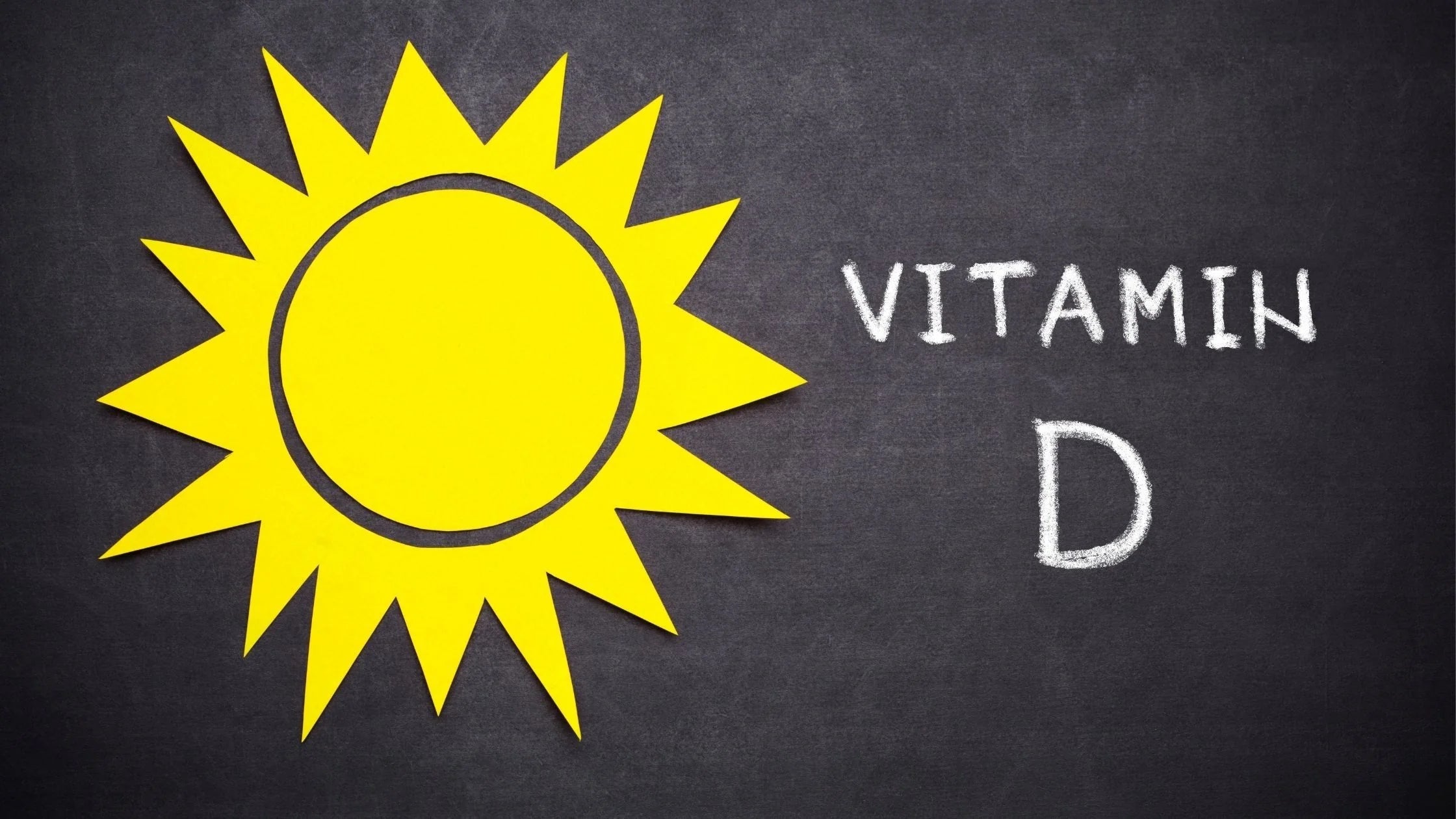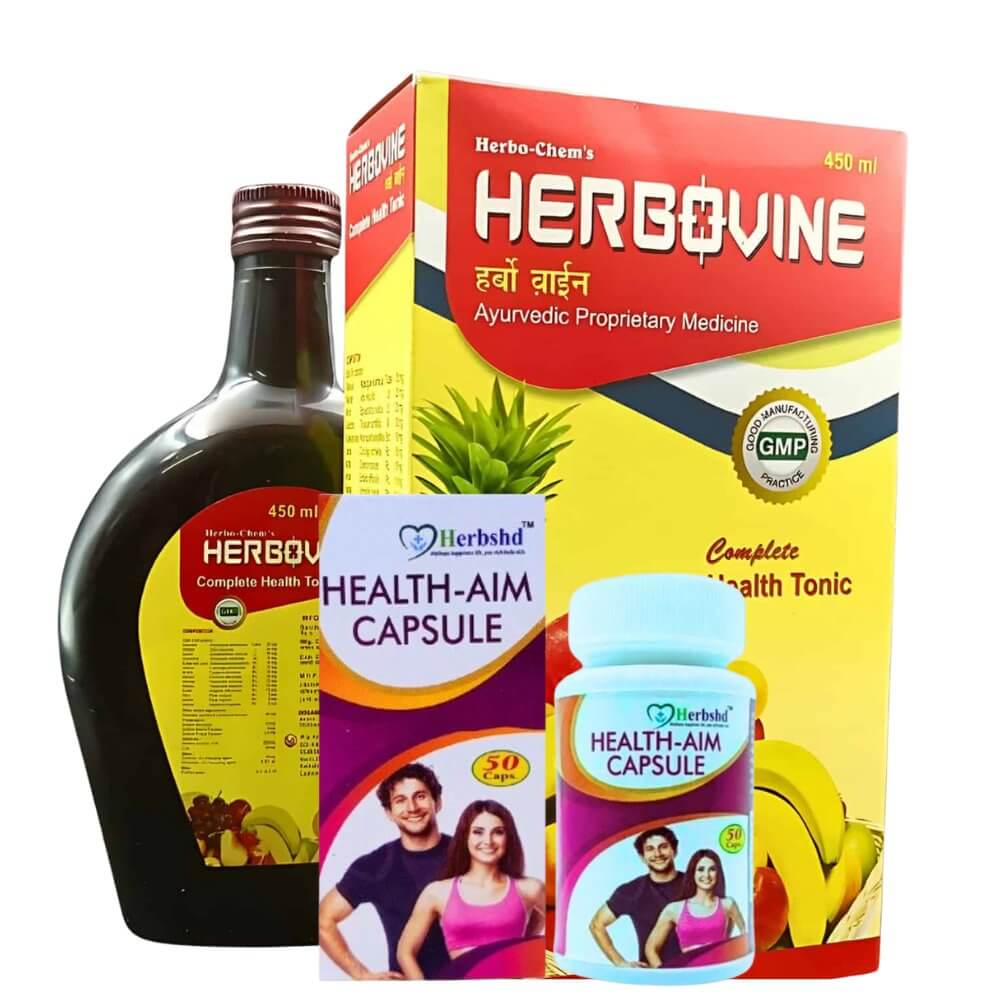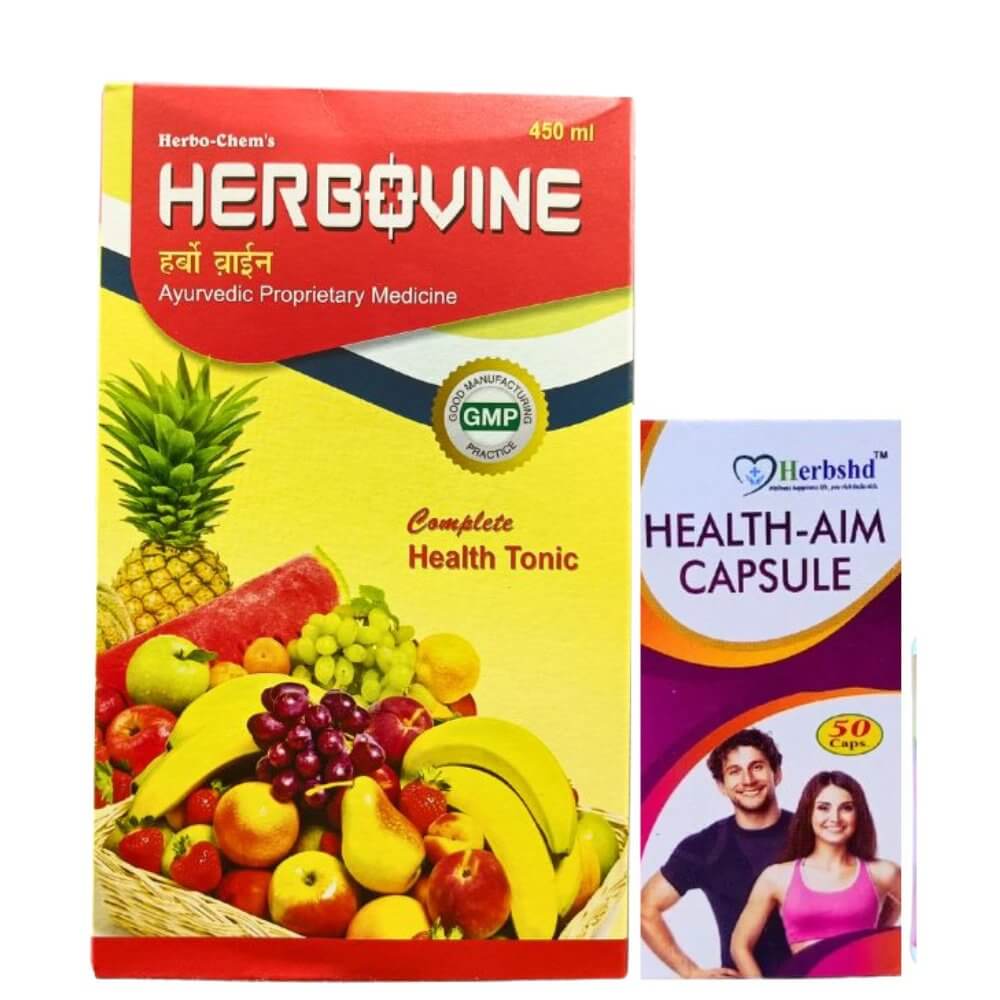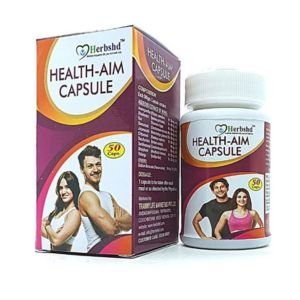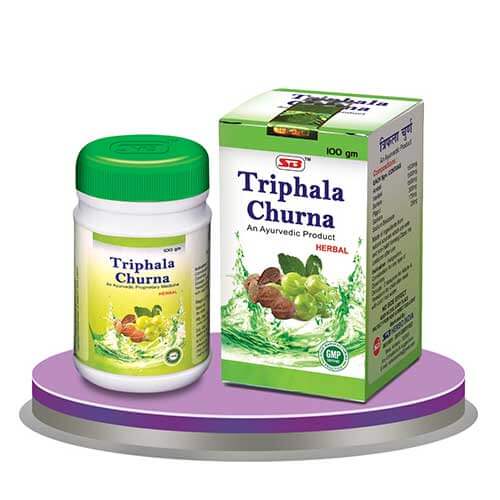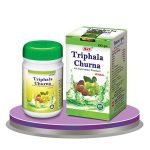WHAT IS VITAMIN D?
Vitamin D is important for various reasons that include maintaining healthy teeth and bones and protecting against various diseases like cancers, type 1 diabetes. Contrary to the name, vitamin D is a prohormone. Vitamins are nutrients that our body cannot create, but the body can vitamin D.
VITAMIN D2 AND VITAMIN D3: KNOW THE DIFFERENCE
Scientifically, D3 is known as ergocalciferol, and D3 is referred to as cholecalciferol. The primary difference between the two is that vitamin D2 is derived from plants while D3 is derived from animals. Food that is in vitamin D2 includes orange juice, cereals, dairy and plant milk, etc. People who are suffering from vitamin D3 deficiency should trout, cod liver oil, salmon, etc.
Vitamin D benefits :
Plays a major role in improving bone health since it is necessary for the absorption of calcium in the body
Improves immunity, along with brain and nervous system
Plays a role in regulating insulin levels, and hence, helps in the management of Type 2 Diabetes
Helps in the improvement of lung function and cardiovascular health
Also plays an important role in the management of obesity
Symptoms of Vitamin D deficiency
Lowered immunity
Pain in the bones
Fatigue and weakness
Mood swings
Anxiety
Palpitation
Hair loss
Fibromyalgia
Obesity
How can you increase your Vitamin D levels naturally?
Thankfully, this vitamin is naturally by our skin when we are exposed to the sunlight. Also, you can balance your Vitamin D level by consuming certain food items and supplements.
Benefits of Vitamin D
The following are a few science-based benefits of Vitamin D:
Healthy Bones
Recurrent body pain may require Vitamin D. It is essential for maintaining healthy bones and teeth. Having healthy bones protects you from various health conditions, including rickets. Rickets is a disorder that causes weak and soft bones in children.
Immunity Booster
Vitamin D boosts your immunity and keeps you safe from the normal cold, flu, and various respiratory conditions. Research shows that having healthy Vitamin D levels can protect you from COVID-19 infection by boosting your immunity.
Mental Health
Are you feeling depressed? No worries! You may need Vitamin D to cheer up your mood. Vitamin D is a ”sunshine” vitamin that brightens your mood. Most of the people who are having anxiety disorders are known to have Vitamin D deficiency as a common symptom.
Vitamin D and Women’s Health
Women have a significant requirement of nutritious supplements, especially after menopause. Vitamin D has protective properties against breast cancers, heart risks, bone health, etc.
Requirements
Good news? But be of severe Vitamin D deficiency during Research shows that Vitamin D deficiency during may lead to preeclampsia (complication duringor pre-term. If women don’t get enough Vitamin D during , their child might develop neonatal hypocalcemia (not enough calcium in the blood) or may get rickets later in childhood.
Vitamin D in Children’s Health
Children and teens need 10 times more Vitamin D than the recommended dose. They need more Vitamin D to build stronger bones and keep them healthy.
Weight Loss
By adding Vitamin D in your diet, you can lose weight and also prevent diabetes. Many studies have confirmed that taking Vitamin D with calcium is successful for extra shredding. Researchers said that Vitamin D and calcium supplementation could suppress your hunger.
Risk of Cancers
Cancer is a disease where patients may suffer from nutritious deficiencies. Lowest Vitamin D levels are associated with advanced cancers specifically in the case of blood cancer and colon cancer. Vitamin D, especially when taken with calcium, might help to prevent certain types of cancers.
Strong bones:
Vitamin D helps the body absorb calcium, which is essential for building and maintaining strong bones.
risk of diseases:
Studies have shown that vitamin D can reduce the risk of diseases such as diabetes, multiple sclerosis, and some types of cancer.
Improved immune function:
Vitamin D is essential for the proper functioning of the immune system, which helps protect the body against infections and diseases.
Improved mood:
Vitamin D has been linked to improved mood and symptoms of depression.
Lowered risk of heart disease:
Research suggests that vitamin D may help lower the risk of heart disease by reducing blood pressure, improving cholesterol levels, and reducing inflammation.
risk of respiratory infections:
Vitamin D may help reduce the risk of respiratory infections such as the flu and common cold.
Improved muscle function:
Vitamin D plays a role in muscle function and may help improve muscle strength and reduce the risk of falls in older adults.
Control of Type 2 Diabetes
Higher levels of Vitamin D may help to increase insulin secretion in your body to control diabetes.
Improves Heart Health
Vitamin D helps to improve the health of your heart and reduces the risk of a heart attack. Moreover, Individuals with low Vitamin D levels are at a higher risk of developing issues related to blood pressure.
Vitamin D is an essential nutrient for our body to build stronger bones and to keep you healthy. Sometimes, A simple walk in the garden and a moderate amount of sunshine can help you stay healthy and fit. While you are outside soaking up rays, your body is busy consuming vitamin D. Hence, utilize a natural source of Vitamin D to keep yourself healthy.
BUY NOW - AYURVEDIC PROTEIN POWDER FOR VITAMIN - D

